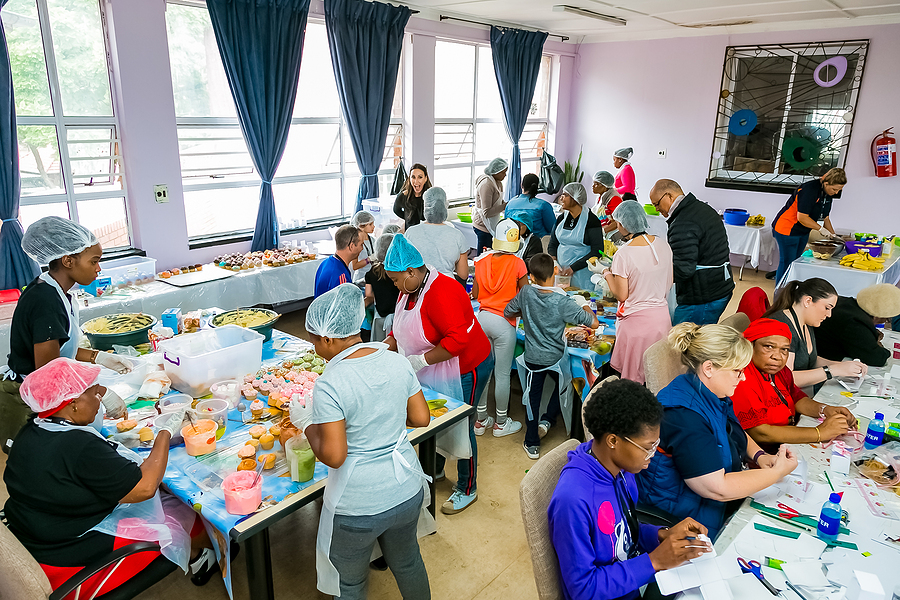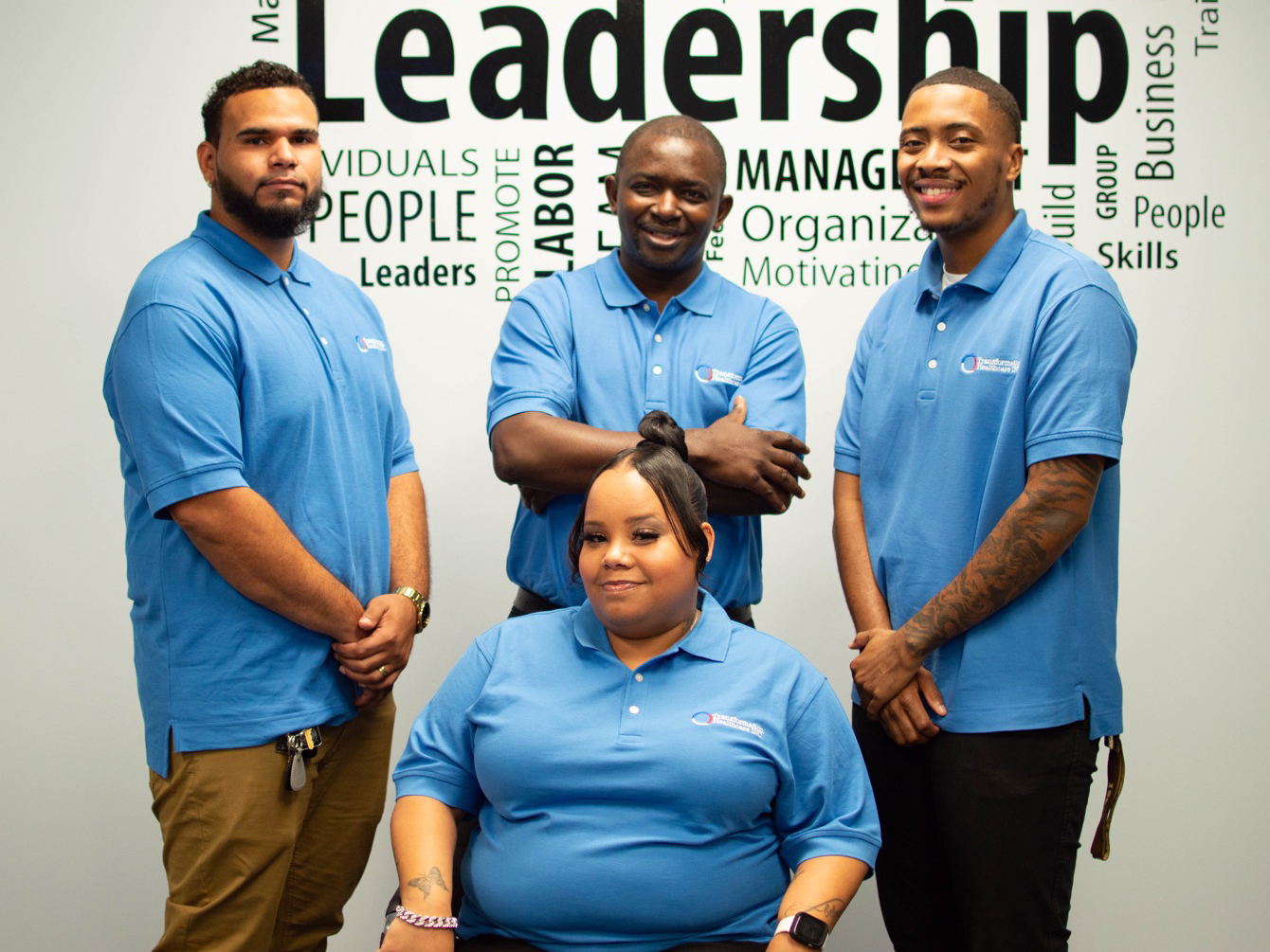Our residential programs are made up of three different levels: Supportive Housing, 3.1 - Low-Intensity Residential Treatment, and 3.3 - High-Intensity Residential Treatment. All our programs require a 30-day Black out for all new clients.
Supportive Housing
Everyone needs safe, decent, stable housing. For some of the most vulnerable people with mental illness, substance use disorder, chronic health conditions, histories of trauma, and other struggles — a home helps them to get adequate treatment and start on the path toward recovery. But some conditions make it difficult for people to maintain a stable home without additional help. Supportive housing, a highly effective strategy that combines affordable housing with intensive coordinated services, can provide that needed assistance.
Living without stable housing can drastically worsen health. Homelessness can exacerbate mental illness, make ending substance abuse difficult, and prevent chronic physical health conditions from being addressed. People with these and other health issues often end up in crisis situations while being homeless, and emergency rooms may be the only health care they are able to access.
Although affordable housing is part of the solution, some people may need their housing coupled with supportive services to maintain it. For instance, we can help educate people with mental illness pay their rent on time and understand the importance of properly manage their DLAs or can make sure people with chronic illnesses manage their diet and medicine properly, which can keep them out of hospitals or nursing homes.
A broad body of research shows that supportive housing effectively helps people with disabilities maintain stable housing. People in supportive housing use costly systems like emergency health services less frequently and are less likely to be incarcerated. Supportive housing also can aid people with disabilities in getting better health care.

Rent Payment.
Unlike other supportive housing that charges up to 30% of the client’s income, THI only charges 20% and in most cases provide food and basic house supplies for the clients
Services are housing oriented.
Services aim to help client remain housed. Service providers help client find suitable housing, build relationships with their landlords, and understand their rights and responsibilities as renters.
Participation in Treatment.
Client are required to participate in treatment to maintained housing because the goal is to assist clients to become independent. A client centered treatment plan is drafted for each client and enforced by license and non-licensed professionals.
Services are multi-disciplinary.
We also help our clients address physical health, mental health, and substance use conditions, and help with other issues like applying for Social Security benefits or gaining employment. Teams of professionals such as mental health and substance use specialists, nurses or doctors, and case managers provide care.
Integration.
Individuals and families can live independently in apartments or single-family homes in residential neighborhoods. Clients in supportive housing have access to public transportation, grocery stores, parks, and other neighborhood amenities common to all other residents. Services are usually provided in the client’s unit or building, or at a place of their choosing in the community.
3.1 - Low-Intensity Residential Treatment
Designed for those who have completed detoxification and need a highly structured treatment environment to stay on the path to sobriety.
- 24/7 living support and structure
- At least 5 hours of clinical service per week
- Counseling and in-house meetings to help residents re-learn essential life skills
- Clinical, vocational, educational or community activities for limited periods of time outside the campus
3.3 Medium-Intensity Residential Treatment
ASAM Level 3.3 is what’s called Clinically Managed Medium Intensity Residential Services. It offers a range of services in a 24-hour treatment setting. The kind of treatment offers daily clinical services, including counseling and clinical monitoring.
Clients won’t just be detoxing from drugs or alcohol (although that is an important component). They’ll also be learning how to manage life without substance abuse.
The goal of rehab, after all, is to reclaim your life and to go forward with the skills and tools you need to face the future—both the good and the bad.
- 24/7 clinically managed care and support
- Daily intensive individual and group counseling sessions
- Ongoing case management for housing, employment, transportation, and other wraparound needs
- Specialized services for those who may require a more complex, time-intensive approach to care




